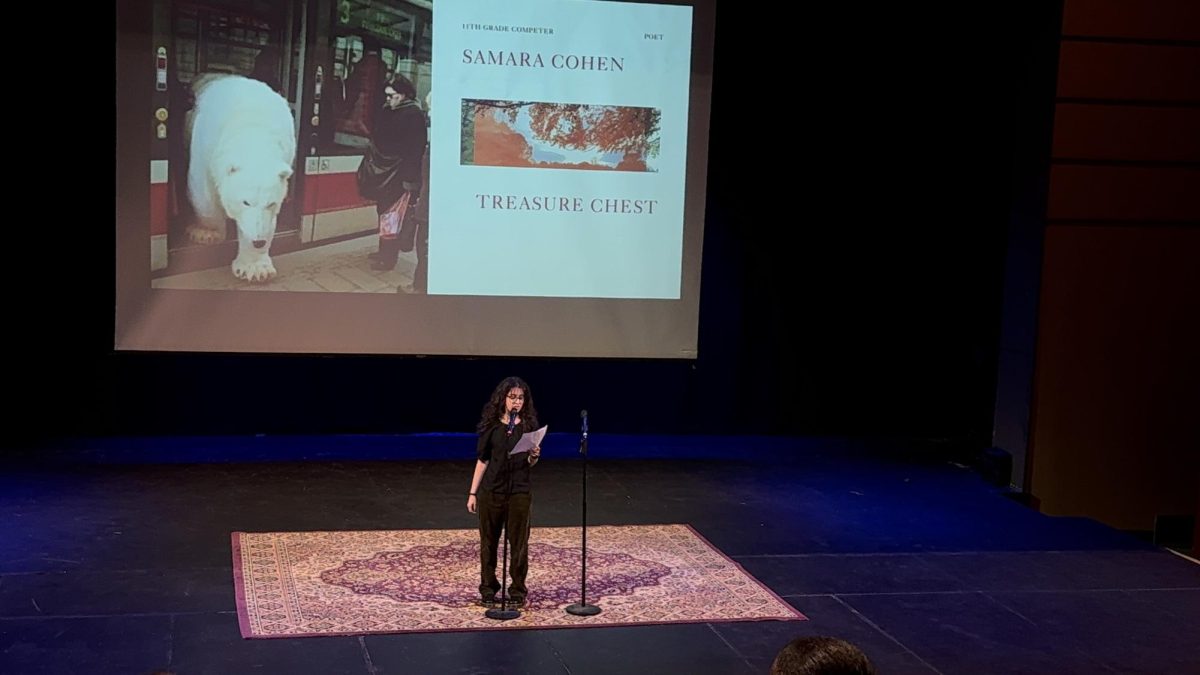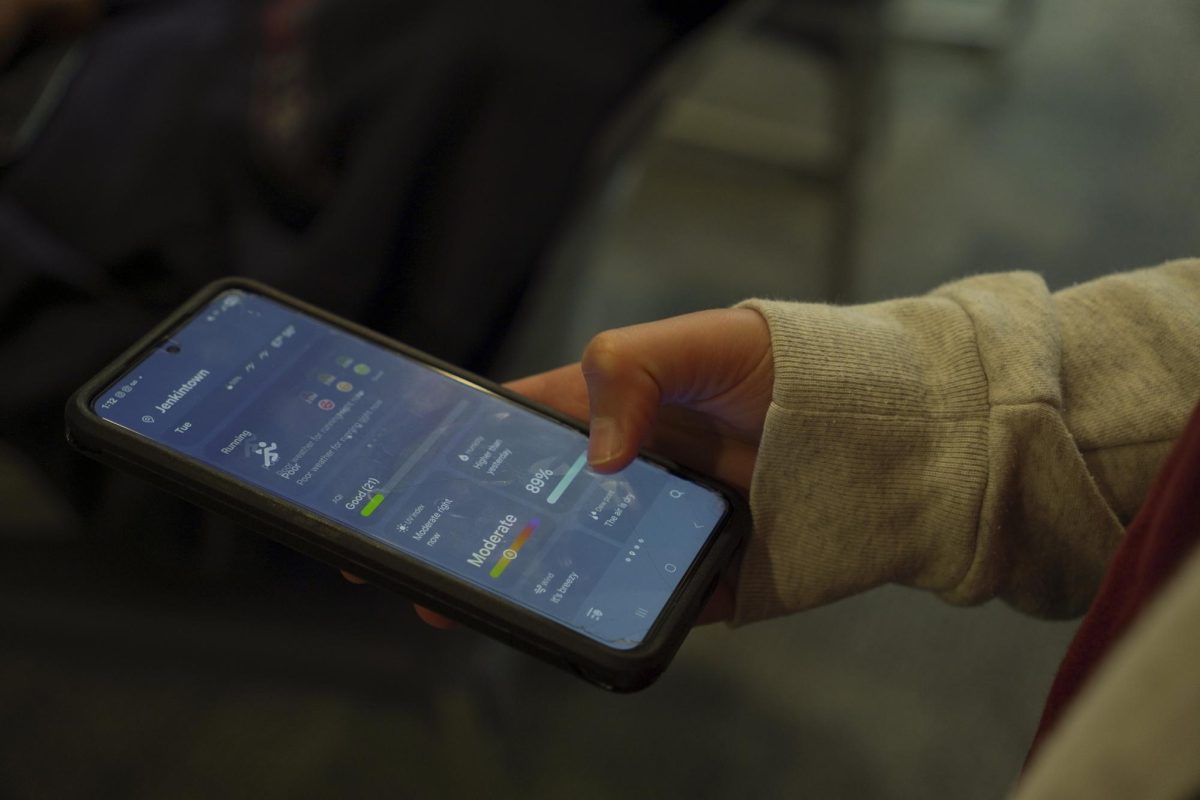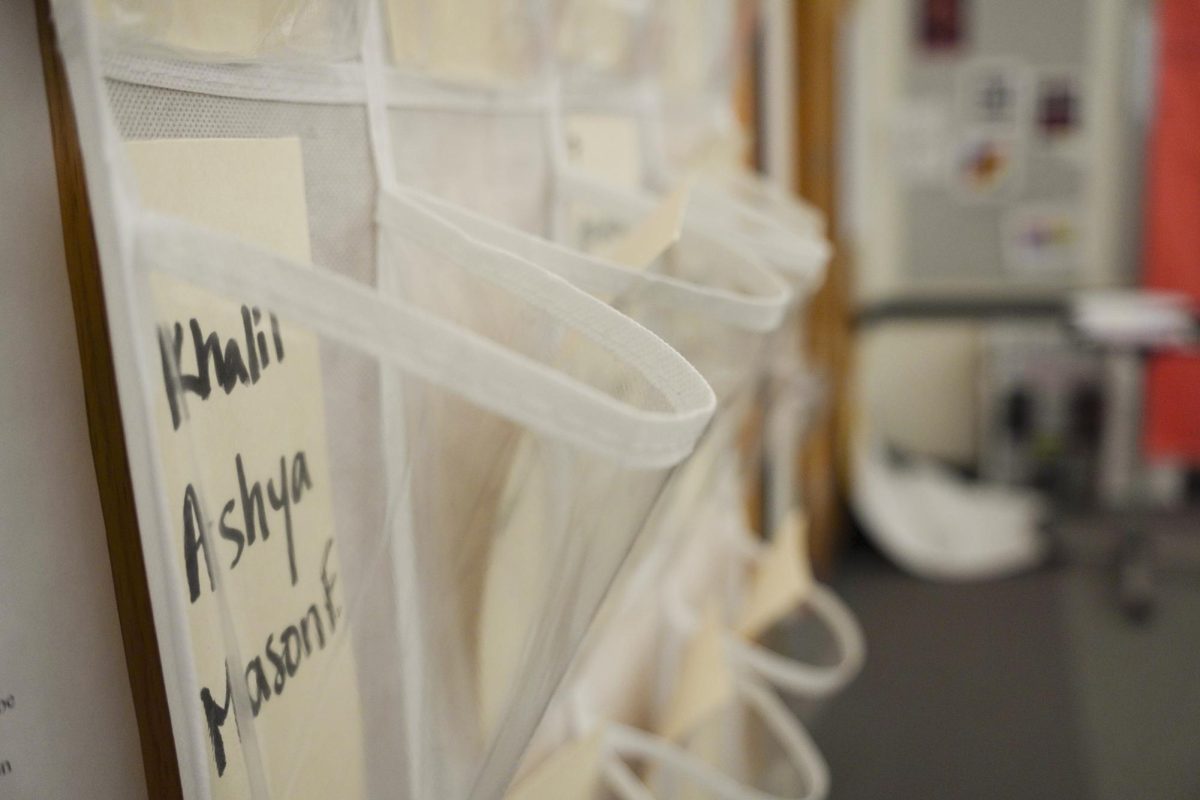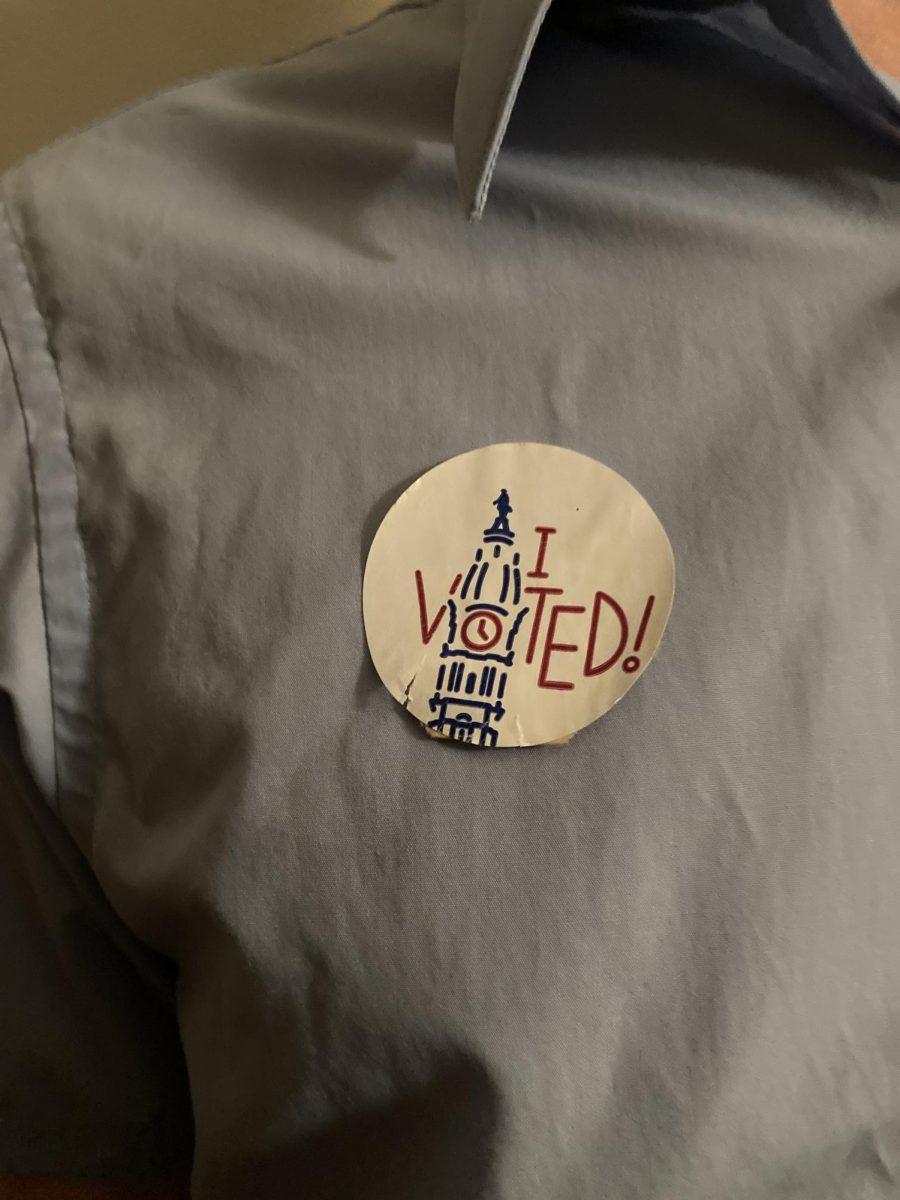On March 18, 2025, President Donald J. Trump made an executive decision to remove any Diversity, Equity, and Inclusion Programs from the Foreign Service in the White House.
The White House said that President Trump’s goal was to “further direc[t] that the U.S. government will not base Foreign Service recruitment, hiring, promotion, or retention decisions on an individual’s race, color, religion, sex, or national origin, nor embed discriminatory equity ideology within any element of the Foreign Service.”
The White House also said that since the start of his term, President Trump has felt that DEI programs are “immoral discrimination programs,” and that “Americans deserve a government committed to serving every person with equal dignity,” leading to his cut on former President Joe Biden’s Executive Order 13985, issuing an addition to DEI programs in the federal government.
Due to these bans, many corporations and large industries have taken away their DEI programs to uphold Donald Trump’s request for “merit-based hiring and promotions across the federal government.”
Some of these companies and corporations include, but are not limited to, The Bank of America, Pepsi, JPMorgan Chase, Disney, Warner Brothers, Target, PBS, and Paramount. These corporations have cut their DEI programs, and are now only hiring with diversity in mind, but not as a priority.
Forbes added that many of these corporations, like the Major League Baseball Organization, for example, “removed references to diversity from its career site to ensure it complies with the federal law,” but still feel their “values on diversity remain unchanged.”
Although places like the MLB feel that this cut of diversity from their inclusion programs do not have much of an effect, many activists have struck back. Boycotts, including that of a 40 day protest at Target, have been an attempt to show companies with DEI cuts how many customers they are losing due to their ethics.
Mikael Yisrael, the Director of Equity, Justice, and Engagement here at Abington Friends School shared his perspective on how these bans may be impacting students, alongside helpful ways to take action in your community if you feel these bans are unjust.
When asked how he believes DEI bans have impacted students here at AFS, Yisrael said that he “can’t quite put [his] finger on the impact on AFS students“ as “[he] knows that everyone is coming from a different place.”
Yisrael gave a bit of insight on the federal government’s effect on AFS as a whole.
He said, “institutionally…we do not receive any federal funding,” meaning that the DEI ban will not affect AFS’s “day to day, in a real way.”
Although he said that “[the DEI ban] is not going to affect [AFS’s] policies, it does create uncertainty, or fear, or anxiety.”
When asked how Yisrael feels AFS has handled these bans, he said that “[AFS] is not naive to what is going on politically, but we are not directly affected by it, and do not have to address DEI bans in a day-to-day way as they do not change the policies at AFS.”
Yisrael said, “[AFS’s administrators] are doing [their] job as an administrative council to make sure that [they] are aware of all of the things that are happening in our political landscape and how [the administrative council] is prepared to respond to these [executive ordered and bans] and also support students with whatever they have going on outside of these walls.”
When asked how to counteract and take action against these bans if feeling concerned, Yisrael provided insightful advice, saying that if students are concerned they should “make sure they are informed” by “not [getting] over consumed” but “digest[ing] [news] maybe daily, maybe weekly, so you are always in the know of what is happening” and they should “find places to take action.”
Yisrael added,“so whether it’s here at school, educating your peers,” a good way to take action is to “create a space where there can be open and honest dialogue.”
If you feel like taking action on a scale larger than here at AFS, Yisrael recommends “start locally.”
He suggests you begin to think through how you can take action with various questions like, “Where do you live? How do you start with some of the community-based organizations around you? How do you talk to people in your family?”
As these topics continue to affect both teachers and students here at AFS in various ways, a form was sent out to the AFS Upper School students and teachers. The form asked them various different questions regarding their thoughts on a DEI ban, and they were allowed to follow up with an interview.

Every grade in addition to teachers participated in the survey, with responses from the 9th grade outweighing the rest.
They were posed with a scale, asking how informed they felt that they were on the DEI bans imposed, and what companies had imposed them. From there, I found that most felt they knew “A fair amount” or “A bit” of the information surrounding DEI bans.

Then, responders were asked how concerned they were about the DEI bans. The largest number, which consisted of 16 students and faculty, said that they were extremely concerned with the bans, which was followed by 15 responders who said that they were just concerned.
10% of responders, which was made up of four people, were not concerned at all, and happy that the DEI bans had been imposed in the first place.

After that, they were posed the question of how much action they had taken in response to the bans. Though not specified, this action was intended to be seen as a boycott, a protest, or overall activism, but was inevitably up to the responder to interpret.
The split was fairly even between the three choices, “Yes,” “No,” and “I have not but would like to!” Overall, 44% (17 respondents) said that they have not taken action but would like to, followed by one respondent who said they have not taken action, and nine who said that they have.

Responders were then asked if there was anything else that they would like to include in their response, and many responded with various thoughts regarding the DEI Bans.
Two respondents said that they were confused about the referenced unspecified action, one saying that “[They] are not sure what action means. Protest Marches?” The other responder included their thoughts about how they could go about taking action, saying that “[They] haven’t taken action and don’t even know how [they could].”
A teacher said, “I believe many of these businesses are ‘obeying in advance.’ In many cases, they are not being forced to make these changes; they are making the changes before the government forces them to. If more companies would stand firm, it would make a huge positive difference.”
A student shared their thoughts, saying, “Many people I know have taken precautions to boycott companies who have removed DEI policies and take initiative to spend money at places that advocate for it. For example, many I know who were frequent Target shoppers have stopped purchasing there altogether, and are willing to potentially spend more at other businesses for the same product to make their message clear.”
Another teacher shared their “action” towards these bans: “I am trying my best not to shop anywhere that rolled back its DEI policies… mainly this means Target and limiting my use of Amazon.”
Another student said, “I think that at this time it’s very important to support Black owned and local businesses.”
A student shared, “I am largely not too concerned with the DEI bans because I believe that admissions to schools/jobs should be based on merit entirely. One concern I do have that could be related to the DEI bans is the funding cuts for various companies/schools, which I believe are not beneficial towards anyone and have caused many to lose their jobs.”
From there, two students and a teacher sat down for a short interview.
AXEL ORAVEC ‘27
Taylor: How do you feel about the DEI Bans?
Oravec: I think the whole thing is so dumb. DEI is, in my opinion, necessary for a safe and comfortable workplace. I think a lot of people don’t realize that DEI isn’t just about diversity, but also about equity and inclusion. If DEI is taken away, education about harassment in the workplace, tampons/pads in bathrooms, and so much more will also be taken away.
Taylor: Have you stopped purchasing from companies with DEI Bans? If not, have you taken other actions, like protests, marches, etc?
Oravec: I personally never had the money to shop at companies who placed these bans, but I have asked my parents to stop buying from them. I have been to several protests this month and plan to go to many more.
Taylor: Does AFS do a sufficient job of opening up spaces to talk about the DEI bans?
Oravec: I don’t think so. I wish this school talked more about current events, because the things happening today are very important to address.
ISABELLA STITT ‘28
Taylor: How do you feel about the DEI Bans?
Stitt: I think that the D.E.I. bans are stupid. They were tasked to make sure that the hiring process of companies was not discriminatory. Some people who support the bans—I think— misinterpreted that, even though it’s not something that is that hard to grasp. I think that especially students of color in high school need to think about an unnecessary amount on where they want to get a job and where they actually can because of the D.E.I. bans. The D.E.I. bans also uncovered a lot of companies that are discriminating against people of color, and I think that, in a sense, that’s good because now I know which companies to support and which companies not to support.
Taylor: Have you stopped purchasing from companies with DEI Bans? If not, have you taken other actions (protests/marches ect.)?
Stitt: I stopped purchasing from Target, Walmart (I never really purchased from there), and I am trying not to buy from Starbucks and Amazon. Starbucks is easier but, Amazon is one of the places where I get a lot of my everyday necessities.
Taylor: Does AFS do a sufficient job of opening up spaces to talk about the DEI bans?
Stitt: I don’t think that they are doing a “bad job.” I just think that we don’t talk about a lot of issues regarding companies and institutions being discriminatory towards people of color. I think that we should discuss these topics more during CC, optional lunch talks, or even classes, since it’s a big thing that can affect many people in our community and their families.
Taylor: Is there anything else I should know/you would like me to include in my article?
Stitt: I think that people should educate themselves on these bans and learn why it is an issue.
KITTSON O’NEILL
Taylor: How do you feel about the DEI Bans?
O’Neill: They reflect a shallow understanding of equality and a willful blindness to history. What right-minded human wants to BAN Diversity, Equity, and Inclusion? Each of those words represents a strength of our nation. These reactionary Executive orders are thinly veiled attempts to make space for racism and sexism.
Taylor: Have you stopped purchasing from companies with DEI Bans? If not, have you taken other actions (protests/marches etc.)?
O’Neill: Yes to both.
Taylor: Does AFS do a sufficient job of opening up spaces to talk about the DEI bans?
O’Neill: I think we are responding more profoundly with our actions [than our words], and I hope we continue to do that.



























Henry Goldstein • May 30, 2025 at 8:07 am
I think it’s interesting that, based on the survey, over two-thirds of our school has or wants to take action on the elimination of DEI in our country. The thing is, and I don’t mean to be pessimistic, but I feel that change regarding the new policies of these companies will not happen until a big corporation stans up against Trump. We know Trump will not back down on eliminating DEI, so we can’t just have ordinary citizens take action by boycotting; we need the companies being directly affected to take action. I think that companies need to follow in the steps of Harvard University. Harvard has blatantly rejected and refused to comply with Trump’s orders and policies, which has caused an ongoing legal battle. If other colleges and corporations do the same thing, there can be real pressure put on Trump.